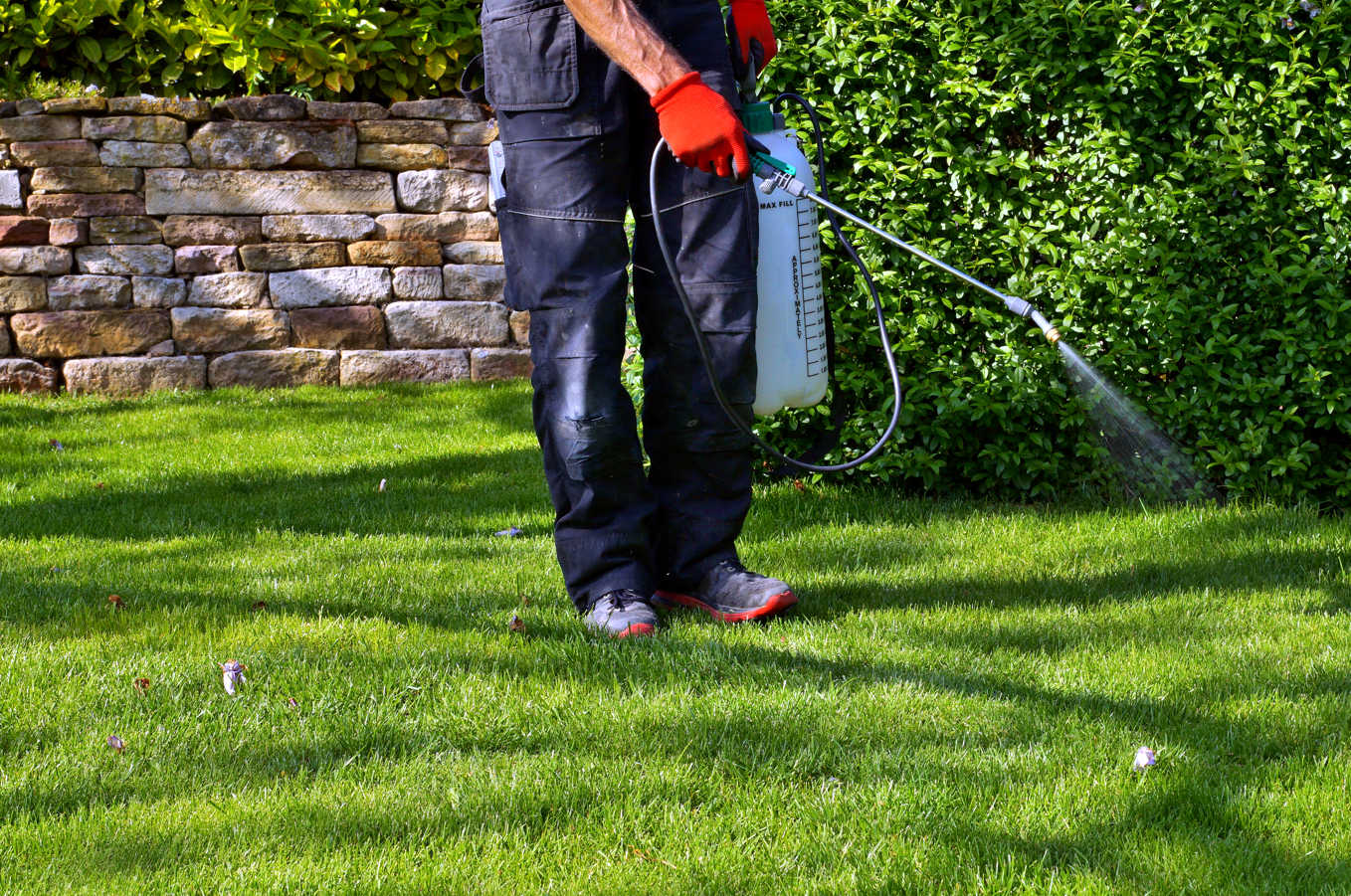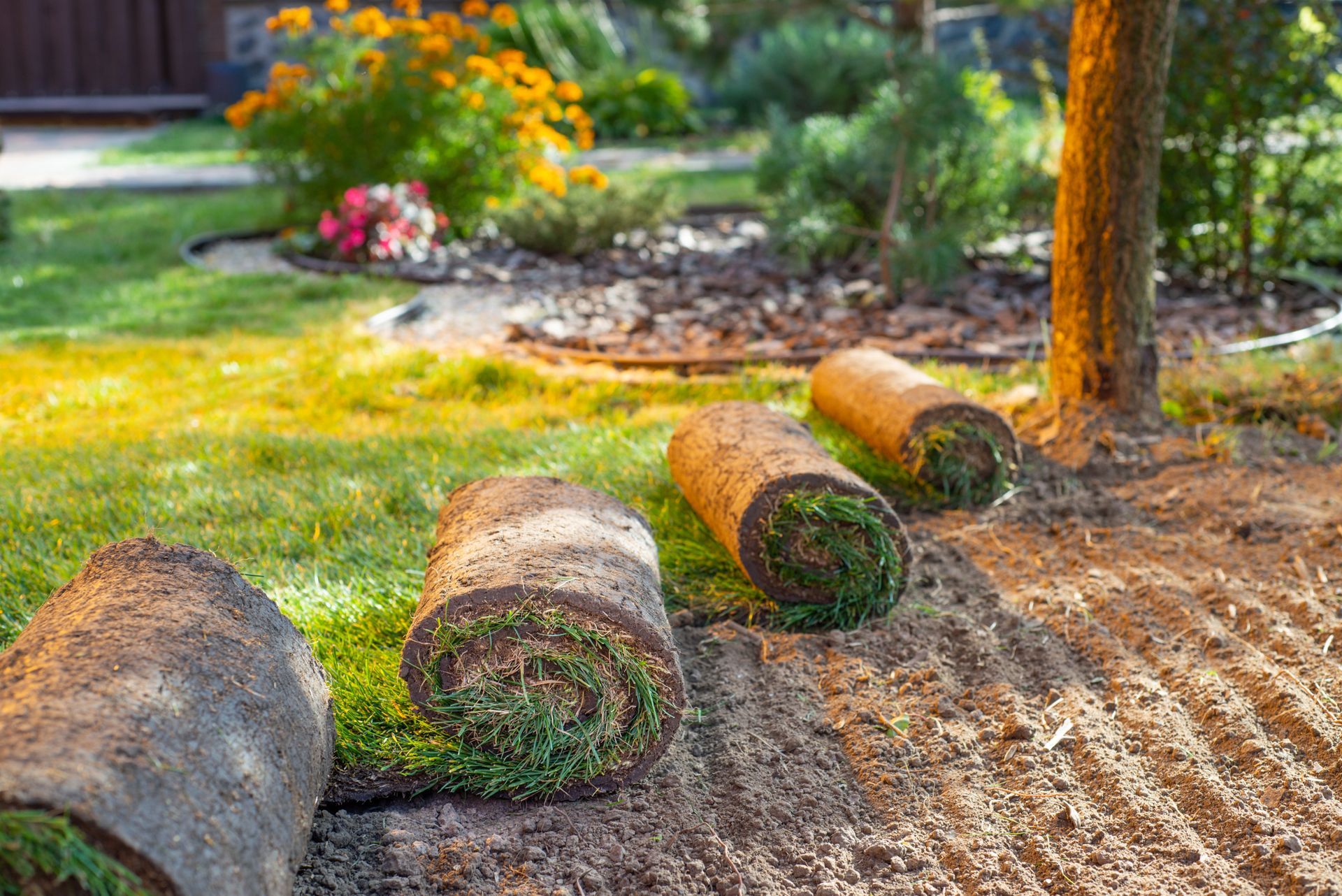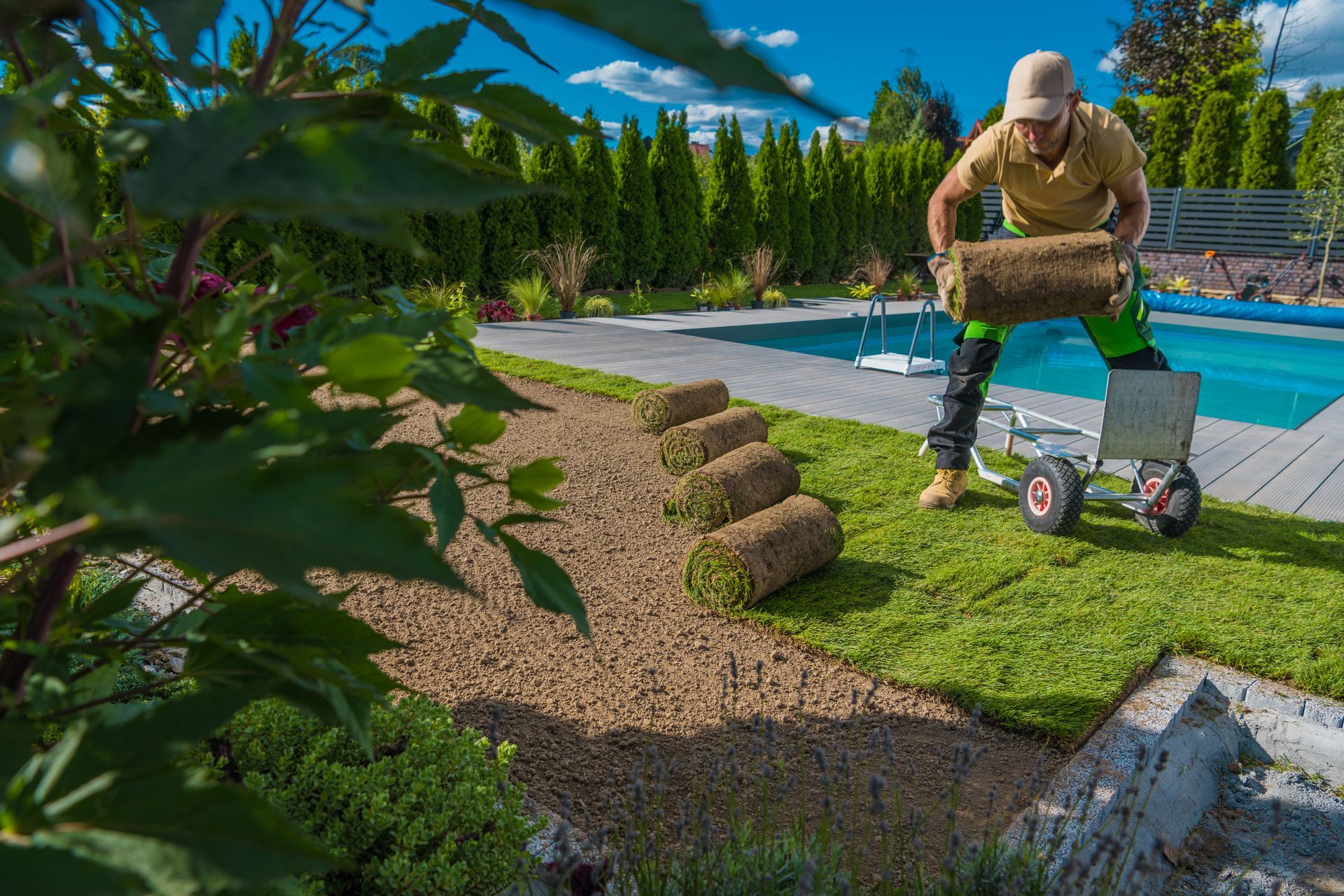Winter Lawn Care Tips for Healthy Grass
As winter approaches in Ontario, it's crucial to prepare your lawn to ensure it remains healthy and lush when spring returns. While the grass may appear dormant during the colder months, there are several steps homeowners can take to protect and nurture their lawns. With proper winter care, your lawn will be well-positioned for a vibrant growth season.
Understanding Dormancy and Grass Types
Most grass types in Ontario experience a period of dormancy during winter. This natural survival mechanism allows the grass to conserve energy and withstand colder temperatures. Understanding your specific grass type is essential, as it informs the best care practices. Cool-season grasses, such as Kentucky bluegrass and fescues, are common in Ontario and perform better in cooler climates.
Preparing Your Lawn for Winter
Preparation is key to maintaining a healthy lawn through winter. Begin by gradually lowering your mowing height in late fall. This helps prevent snow mold and other diseases by reducing the length of the grass blades. Additionally, ensure your lawn is free of leaves and debris, as this can smother the grass and create an environment for mold and pests.
Fertilizing for Winter Health
Applying a winterizing fertilizer in the fall can provide essential nutrients that support the grass's root system during dormancy. Look for a fertilizer rich in potassium, which enhances root strength and resistance to cold stress. A well-nourished lawn will be better equipped to recover quickly when spring arrives.
Aeration and Overseeding
Aerating your lawn before winter allows water, oxygen, and nutrients to penetrate the soil more effectively. This process reduces soil compaction and promotes healthy root growth. If needed, consider overseeding your lawn with cool-season grass seeds to fill in bare spots and improve overall density.
Managing Foot Traffic and Snow
Minimizing foot traffic on your lawn during winter is crucial. Walking on frozen grass can damage the turf and hinder its recovery come spring. As snow accumulates, avoid piling snow in one area, as this can create excessive moisture and damage the grass. Instead, distribute snow evenly to prevent stress on specific areas.
Irrigation Tips
While natural precipitation is generally sufficient during winter, supplemental irrigation may be necessary in dry periods to prevent dehydration. However, do not overwater, as this can lead to root rot and other issues. Monitor the weather and adjust watering accordingly to maintain a healthy moisture balance.
Pest and Disease Prevention
Winter can be a challenging time for lawn care due to pests and diseases. Inspect your lawn regularly for signs of damage, such as discoloration or thinning. Take preventive measures, like applying fungicides if necessary, to protect your grass from winter-related issues like snow mold.
Set Your Lawn Up for Success
Proper winter care is essential for maintaining a healthy lawn year-round. By taking proactive steps, such as adjusting mowing heights, fertilizing, and managing foot traffic, you can ensure your grass remains healthy and ready to thrive in spring. For expert guidance and tailored lawn care services, contact Wildroses Landscaping today and let us help you achieve a beautiful, resilient lawn.










